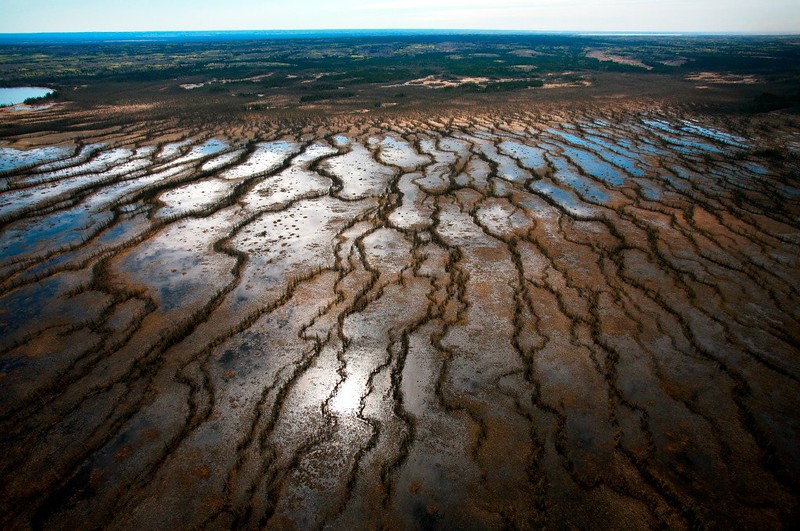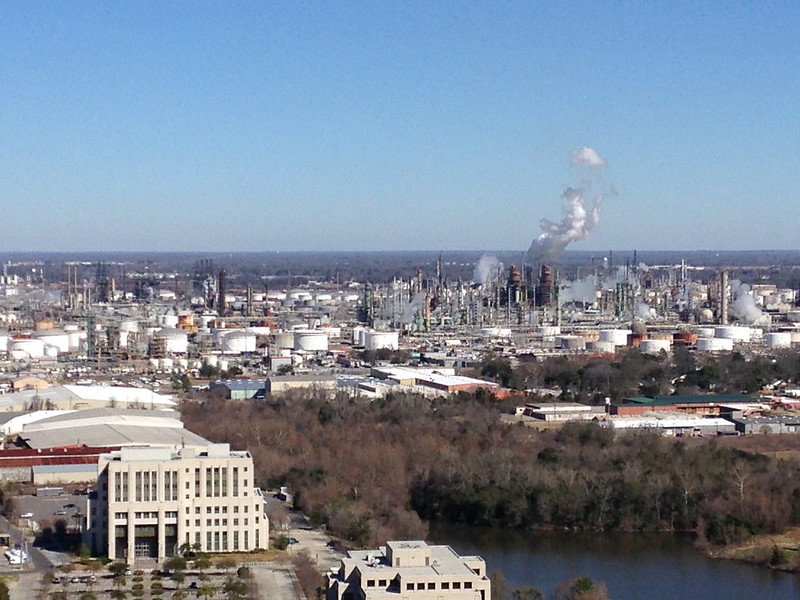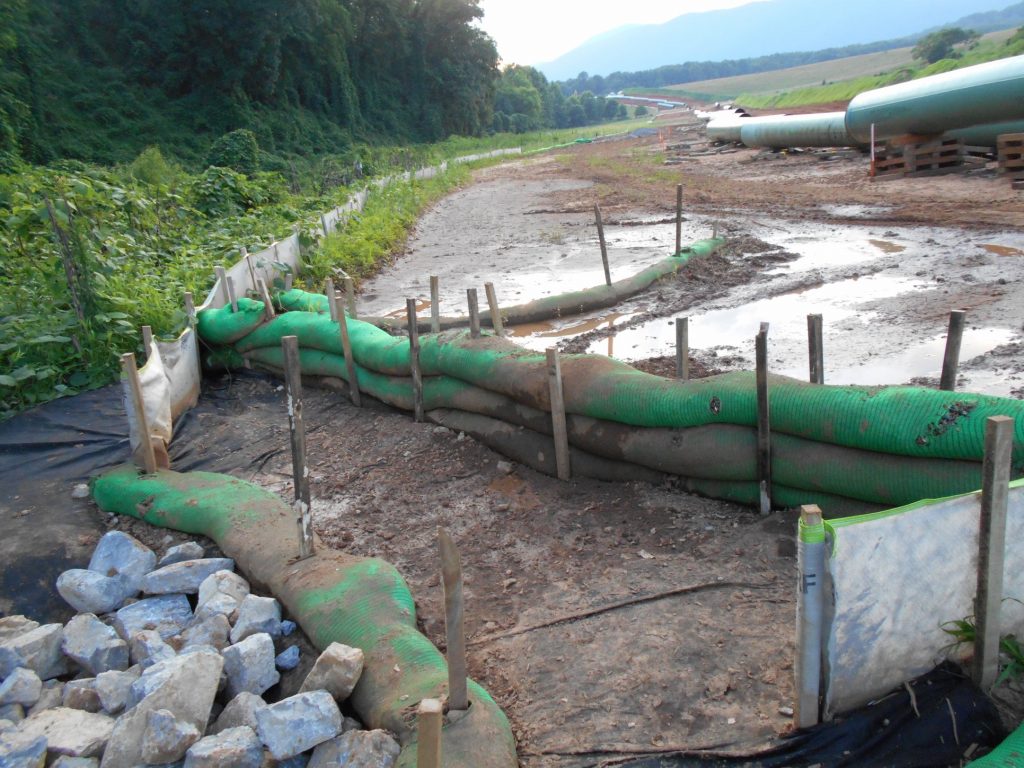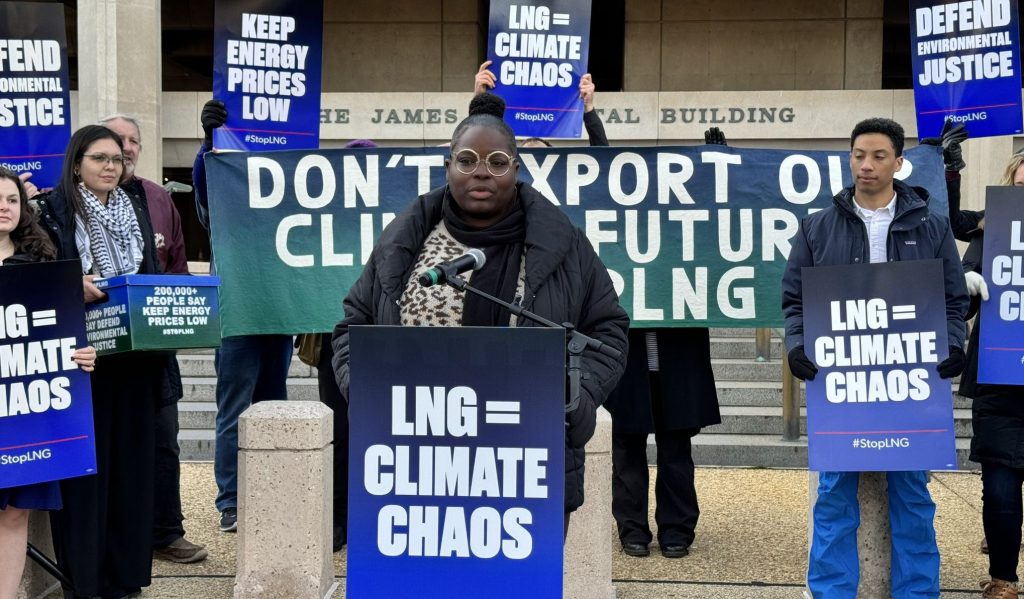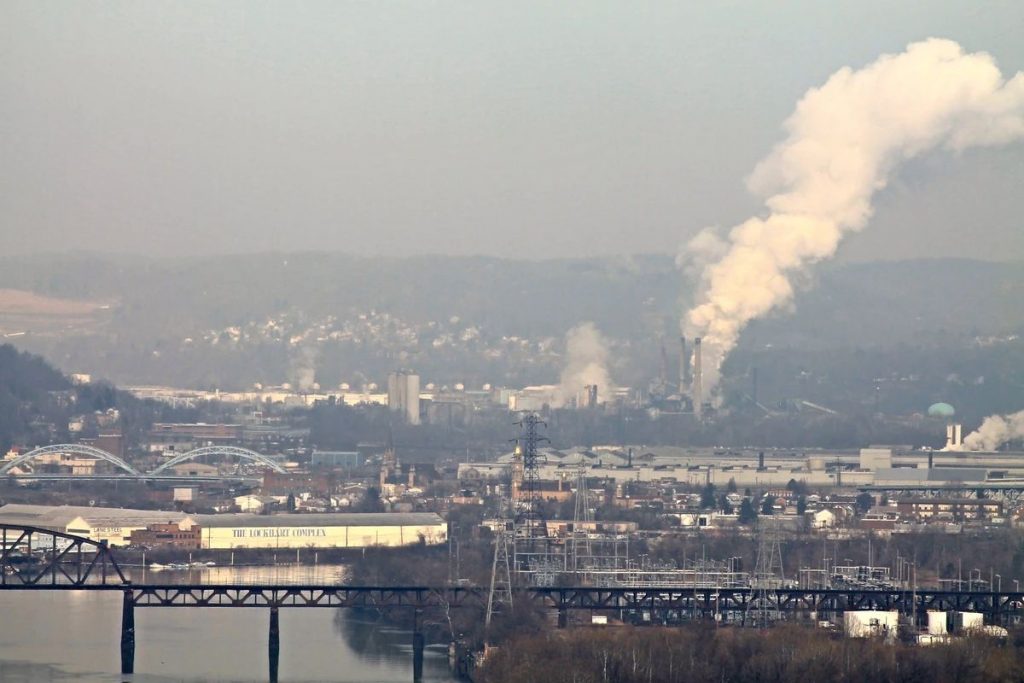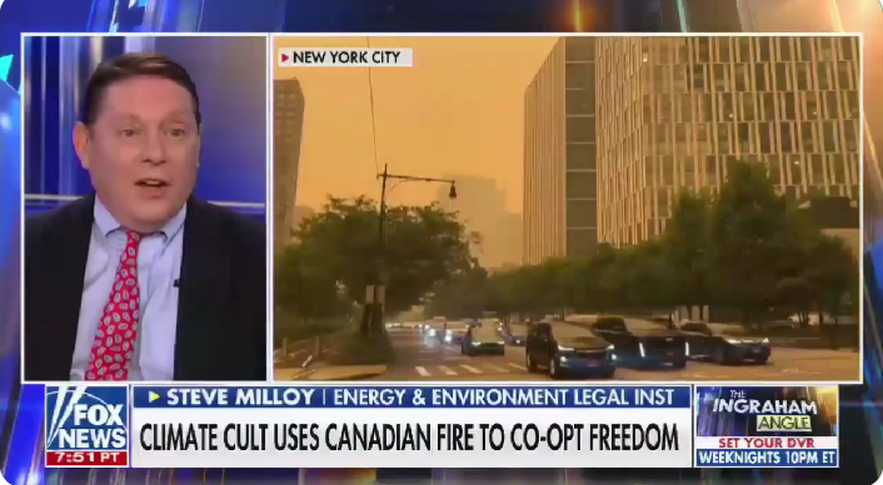“Do you have any idea how easy it is to get you off our backs with a little bullsh*t about your responsibilities to the planet?”
By Brett Wilkins. Published 7-9-2024 by Common Dreams

A new parody ExxonMobil advertisement released Tuesday by a group founded by Adam McKay—the Academy Award-winning writer and director of the blockbuster doomsday climate comedy Don’t Look Up—mocks humanity for letting Big Oil get away with causing one of the biggest existential threats of all time.
“There’s a world we all want to live in again. A world where the air is pure and crisp and clean and fills your lungs with joy. A world where you can drink water from any river or creek and your house will still be there tomorrow if it rains,” the narrator of Yellow Dot Studio’s latest parody video says in the two-minute clip. “Here at Exxon, we believe in that world, and we’re working hard to make sure that our customers believe that we believe in that world.”
Continue reading



